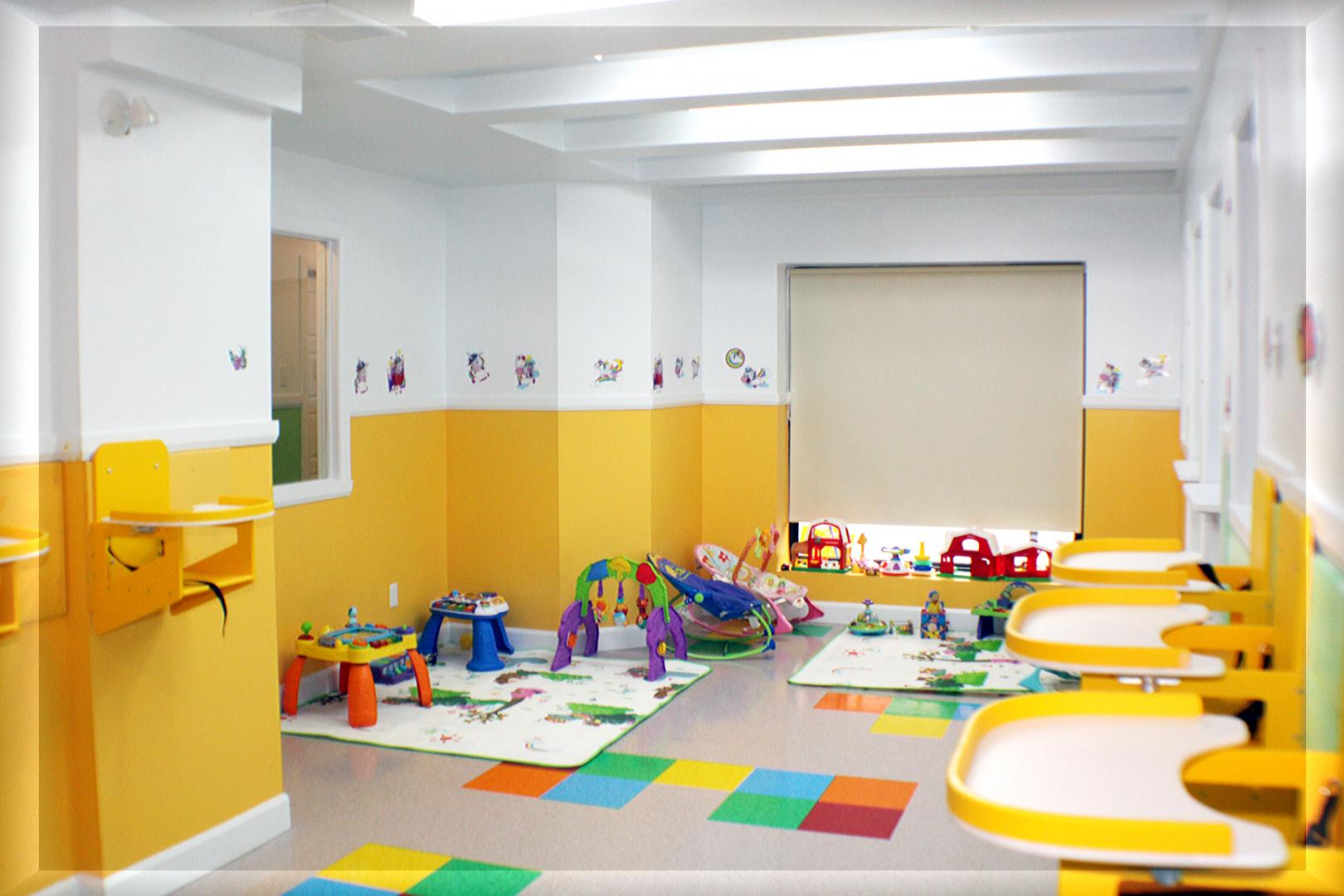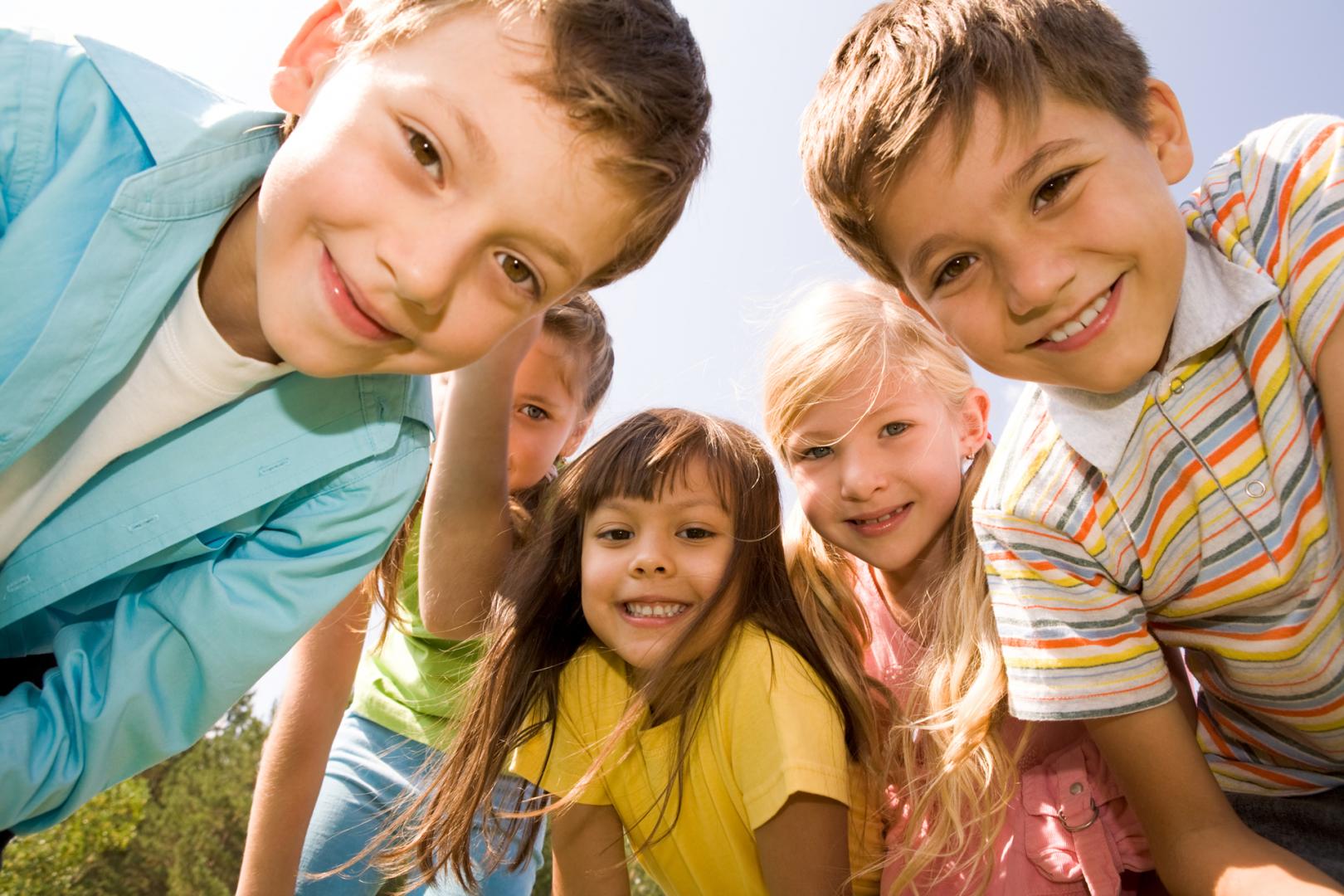Educational program
Centre Éducatif les petits pandas daycare centre has an educational program designed for each age group. It is based on active learning and educational interaction with children.
The program aims at the overall and harmonious development of the child in all 5 dimensions (physical, motor, cognitive, language and socio-emotional).
It particularly promotes the learning of social skills that prepare the child for easy integration to the mainstream school system (confidence, self-esteem, respect for others, motivation, curiosity and conflict resolution).
At Centre Éducatif Les petits pandas, we are inspired by the following two educational programs:
- Welcoming early childhood initiative
- (Programme éducatif des services de garde du Québec)
- Play is magic

Our values:
Respect:
- Acceptance and consideration of oneself, others and the environment.
Autonomy :
- To build the child's self-confidence and encourage them to make choices and take responsibility for the consequences.
Hygiene and well-being:
- Promote good hygiene (hand washing, nose blowing, changing diapers....
- Daily outings, good nutrition and disinfection of the environment and toys on a periodic basis.
Affection :
- Create a bond of trust and attachment between Child Educator, Child-Child and Parent Educator.
- Foster friendship between children and develop their ability to listen to each other.
Communication:
Promote communication and language development.
Creativity :
- Help the child to live experiences that allow him/her to express his/her creativity.
Our educational program covers all five areas of child development:
Physical and motor development
This development concerns the acquisition of movement, control and coordination over the whole body called gross motor skills such as walking, running, jumping... or over a part of the body called fine motor skills such as leafing, colouring, cutting...
To help the child progress at this level, the educator :
- Organizes physical activities according to his/her level of development.
- Example of gross motor activities: Crawl on a clean and safe surface. Encouraging toddlers to toddle and walk slowly under the supervision of the educator.
- Example of fine motor activities: Provide the child with reasonably sized stacking cubes and toys that can be handled safely with the hand and fingers; for older children, organize motor games such as treasure hunting, rolling on oneself, balancing on one foot for a few seconds, playing jean says (gross motor skills), modelling clay, cutting, painting (fine motor skills).
- Encourages the child to do things on his/her own, such as putting on his coat and buttoning him up, zipping (fine motor skills and autonomy at the same time).
Cognitive development
This development concerns the set of skills and knowledge that help children to organize their thinking, reasoning and understanding more of the world around them.
To help children progress at this level, the educator :
- Encourages them to be curious, such as watching a documentary related to the week's theme and asking questions at the end.
- Helps children learn by using their cognitive skills such as classification, memory games, riddles, spatial concepts...
- Organizes activities and provides materials that encourage creativity. Example: various materials such as paint, different types of pencils, glue, glossy, adhesive decorations, different textures of paper...
- Gives the child the opportunity to tell stories from his or her imagination.
Language development
Language is the act of communicating and interacting with others, telling them what you think, expressing your emotions verbally and getting in touch with them. To further expand this sphere of development, the educator :
- Often speaks to children and listens carefully to help them develop their language skills.
- Creates opportunities for children to express themselves and listen (circle of friends).
- Sings, tells stories and asks open-ended questions to allow the child the freedom to respond and express himself/herself freely (Chat).
- Leads the child to make appropriate requests (please, thank you, apologize...)
- Encourages communication, motivates and congratulates the child when he expresses his emotions verbally... Example of activities: recite the nursery rhyme of hand-washing during the hygiene routine, name the objects found in a picture, play the game repeats after me, make up a story, keep saying it...
Emotional development
This development is very important because it reflects the child's relationship with his or her life experiences, which is why we must be a good role models for the child by acting with kindness, affection, tenderness, flexibility and understanding.
It is essential to enable children to get to know themselves and express their feelings, to gain confidence and autonomy so that they can interact with their peers in a peaceful way.
The role of the educator is :
- To help children feel good about themselves and respect others.
- To help children get to know each other by organizing group workshops.
- To help children express negative and positive emotions verbally.
- Use tools to reinforce positive behaviour (Motivation table)
- To encourage children verbally (Great, excellent, well said, well done.)
- To strengthen the child's self-esteem by giving him or her some responsibilities and to thank him or her at the end.
Social and moral development
The child's social development depends on his or her ability to live in a group and in society according to certain rules.
By being in daycare, the child learns to develop this awareness because this environment for him is like a small society.
It is important to know how to find a balance between supervision and learning to be independent, which is why symbolic games have a great influence on children.
To stimulate the children more the educator :
- Creates an environment where the child learns to work alone, share with others and work cooperatively in small groups (Individual crafts, collective crafts, moving in hallway two by two, carrying an object two or more.)
- Encourages the child to be positive and enjoy the result of his or her efforts.
- Helps the child to accept and respect others and other people's property.
- Help the child feel part of a family, a community and a citizen (e.g., take a walk in the neighbourhood and show children the importance of respecting traffic lights...)
- Encourages the child to respect others (Speak softly when children are asleep so as not to disturb them...) and to respect the choices of others if someone does not want to play with them at some point.
- Gives the child choices and leads him/her to accept the consequences of his/her choices.
- Creates opportunities for the child to participate in planning and provide input.
- Congratulates and motivates the child when he or she behaves appropriately with others or offers help to peers.
The daycare adopts an educational program that promotes the child's development, including the adoption of healthy eating, living and behavioural habits that positively influence his or her health and well-being (moving and eating well).
Eating well and being active will jointly promote the child's health and give him/her :
- Better overall health
- A reduction in the risk of disease
- A healthy weight
- A normal growth

